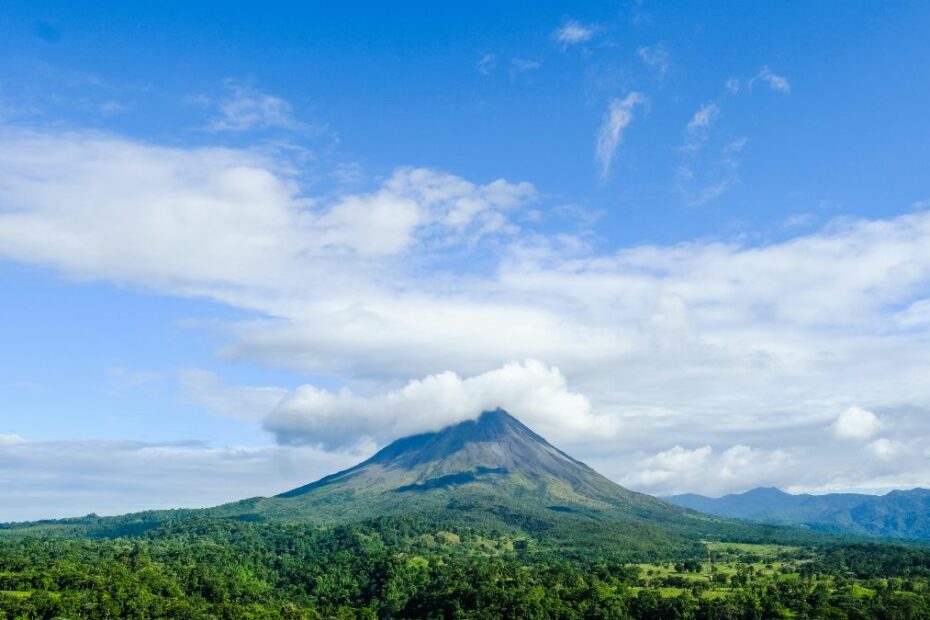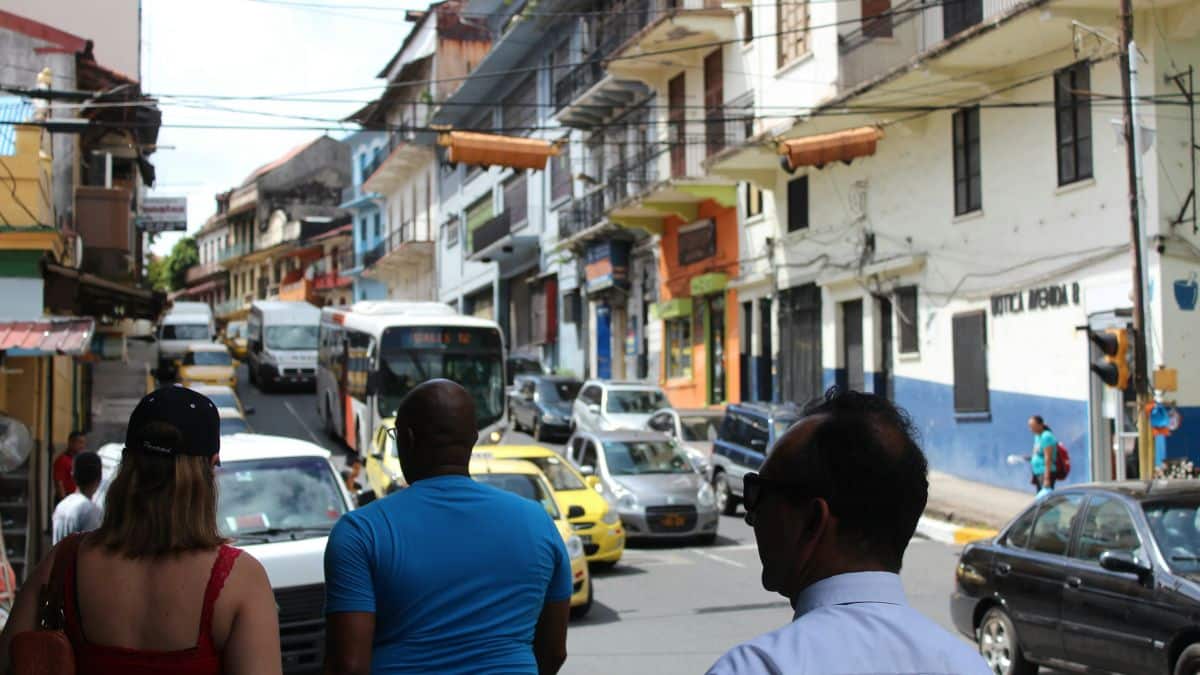A guide to sustainable living for expats in Central America. In this article we offer tips on reducing your footprint and show how eco-friendly practices allow expats to live mindfully and forge meaningful connections.
Central America has long been a popular destination for expats seeking a laid-back lifestyle. Countries like Costa Rica have built a reputation for their commitment to ecotourism and sustainable living, making them an attractive choice for those looking to reduce their environmental footprint. Communities like Uvita and Nosara in Costa Rica, San Juan del Sur in Nicaragua, and Boquete in Panama all attract a certain type of settler, for whom this type of lifestyle is important.
As an expat in Central America, embracing sustainable practices not only aligns with local values but can also help you build a stronger sense of community. By participating in local environmental initiatives, supporting sustainable businesses, and fostering cross-cultural exchange, you can forge meaningful connections with both fellow expats and local residents.
Whether you were drawn to Central America by its biodiversity or the promise of a greener way of life, engaging in sustainable practices allows you to immerse yourself in the region’s ethos. Below, we highlight ways to get involved.
Joining or Initiating Local Environmental Initiatives
An effective way to get involved is by joining or starting local environmental projects. Consider joining beach or community clean-ups, which provide an opportunity to meet new people while helping maintain a healthy environment. These clean-up efforts often spark conversations and make friends. Most beach and surf communities have some sort of beach cleanup programs going on, often through local hotels or tourism businesses.
Community gardens or urban farming projects are other ways to bring people together. They both promote sustainable food production and create space for cross-cultural exchange. Also, consider starting a recycling program if none exists.
View this post on Instagram
Supporting Local Sustainable Businesses and Markets
Expats can support the local economy by making choices about where they shop and what they buy. Frequent local farmers’ markets (ferias) and support sustainable vendors. Doing this provides access to fresh, locally-sourced produce and strengthens the local economy. Shopping at local markets can rekindle community spirit and even revive lapsed donor engagement, as it reflects a broader commitment to community health and prosperity.
Embrace the sharing economy by participating in tool lending programs, book exchanges, or other initiatives that promote responsible consumption and resource efficiency. This practice opens doors to new friendships and reinforces existing bonds through mutual reliance and trust.
When it comes to construction or home renovations, opt for eco-friendly methods. Use locally-sourced, sustainable materials and support local artisans and builders.
View this post on Instagram
Fostering Cross-Cultural Exchange and Education
Sustainable living for expats also means involving yourself in cross-cultural exchange and education. Join (or organize) workshops or classes on sustainable practices like composting, water conservation, or energy efficiency. These events also serve as platforms for expats to both share knowledge with and learn from local residents, fostering inclusivity.
Building Community Through Collective Action
Participate in community-wide sustainability projects, such as tree-planting initiatives, clean water projects, or energy conservation efforts. These actions reinforce a sense of shared purpose and unity among expats and locals alike.
Encourage green transportation by starting or joining cycling groups or carpooling initiatives. These not only reduce your carbon footprint but also create opportunities for informal gatherings and chance encounters with neighbors. Opting for green transportation inspires others, creating a culture where sustainable travel becomes the norm. It’s good to know that, unlike many parts of the United States, for example, having a car is not essential in Central America.
In areas where water is scarce, promote water conservation efforts such as rainwater harvesting or fixing leaks. Encouraging your neighbors to conserve water sparks collective action, forging alliances as expats and locals unite around efficient water use.
Celebrate successes and milestones through eco-friendly festivals or gatherings. Whether it’s a beachside barbecue after a clean-up or a street fair showcasing local sustainable products, these celebrations help to rejuvenate community commitment.
View this post on Instagram
Engaging the Local Community and Fostering Inclusivity
Sustainable living initiatives are most effective and long-lasting when they involve and engage the local community. As an expat or newcomer, it’s crucial to avoid the perception of barging in and telling locals what to do. Approach with humility, respect local knowledge and traditions, and acknowledge the experience and wisdom that exists within the community.
Learn about cultural norms and consult with local leaders or community groups before initiating any projects or sustainability efforts. This not only shows respect but also ensures your actions awith the community’s values and priorities.
Address potential language or cultural barriers to ensure inclusive participation, and make conscious efforts to involve local residents from the very beginning. Avoid dictating solutions; instead, listen to their perspectives and find ways to collaborate and learn from one another.
Remember, as an expat, you are a guest in this community. Approach your involvement with humility, respect, and a genuine desire to learn and work together towards a more sustainable future for all.
Practical Tips for Getting Started
To kickstart your journey towards sustainable living and community engagement, research local organizations, groups, or resources that can provide guidance and support. Look for step-by-step guides or advice on implementing specific sustainable practices. Seek out personal stories or case studies from expats who have successfully fostered community through sustainability initiatives. These real-life examples can offer invaluable insights and inspiration for your own efforts.
Ultimately, sustainable living for expats in Central America is not just about environmental stewardship. It’s about building strong, resilient communities that thrive on mutual understanding, respect, and collective action. By getting involved, you can contribute to a greener, more connected future for yourself and your adopted home.



